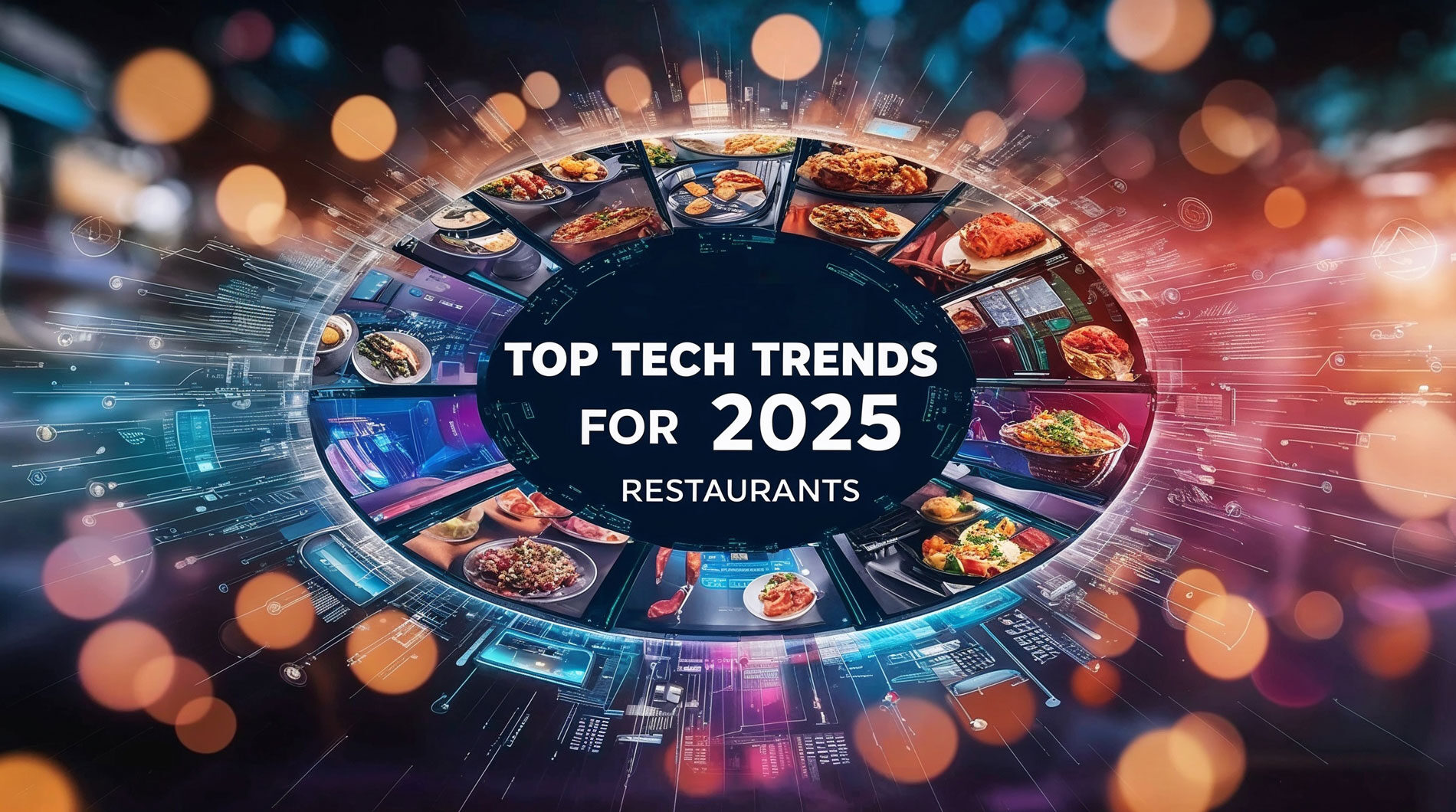The tech-driven evolution of QSRs and restaurants: top trends for 2025
As we move towards the end of one year, we traditionally look ahead to the next, and at Redcat we’re no different. We like to reflect on the progress...
3 min read
Louie Scarpari : 19/08/2024 1:39:35 PM
.webp)
Consumers at QSRs are generally looking for two things: great tasting food – that’s a given- and convenience. They want speed, efficiency and no unnecessary hold-ups. Great food, fast and easy – or in other words, a frictionless experience. Delivering frictionless transactions to your QSR customers means removing anything that slows down the process of them ordering and paying for their meal.
Eliminating friction
Frictionless transactions are the goal of all QSRs – after all, you want to make it as straightforward as possible for your customers to engage with you. The concept of frictionless transactions is not new, but it is important to remember that what actually constitutes ‘frictionless’ is relative. That is, the perception of whether or not something is ‘friction’ depends on whether the customer believes there is a more efficient way. What is perceived as friction today was the norm a few short years ago. For example, putting your credit card into a machine and entering a pin was normal, now it is friction. Before that, writing a cheque was normal in shops and restaurants, nowadays it would be seen as the height of friction.
The point is that what is friction is constantly shifting – as soon as a consumer knows that there is a better, faster, more effective way to do something, doing it the ‘old’ way becomes friction. That means that if your competitors are offering an easier way to do things, your way will be seen as ‘friction’. So it’s essential to stay ahead of the game – and your competition – by removing all possible friction from your processes.
Technology for frictionless
QSR as an industry is always moving forward and is open to adopting new technology. Two technologies that are helping to remove friction from the QSR ordering and payment process are mobile wallets and voice assistants. So let’s take a look at each of them and just how they are removing friction.
Mobile wallets
Mobile wallets, such as Apple Pay, Google Wallet, and Samsung Pay, are everywhere. In fact, in 2023, around half of all global e-commerce transactions were made via mobile wallets, and growth is forecast at a further 15% by the end of 2024. Mobile wallets can help to remove friction for QSRs through:
Voice Assistants
Voice assistants are growing rapidly as a way to search and interact – as of 2023, 27% of all Google searches were done by voice and 1 billion voice searches are made every month. Consumers are using voice assistants via a smartphone or smart speaker and are also comfortable using voice assistants offered by QSRs at drive-thrus. Voice assistants help to reduce friction through:
The Impact on Convenience and Future Prospects
Mobile wallets and voice assistants offer the opportunity for QSRs to reduce friction and deliver the fast, efficient experience their consumers are looking for. It helps them stay ahead in the relative friction stakes and win in the highly competitive market that is modern QSR.

As we move towards the end of one year, we traditionally look ahead to the next, and at Redcat we’re no different. We like to reflect on the progress...

Artificial Intelligence (AI) burst into the social consciousness with a bang in late 2022. The technology, which has actually been around for a...

‘Phygital’ is a word that you are probably seeing more and more frequently. It’s a blended word, from ‘physical’ and ‘digital’ and is all about the...